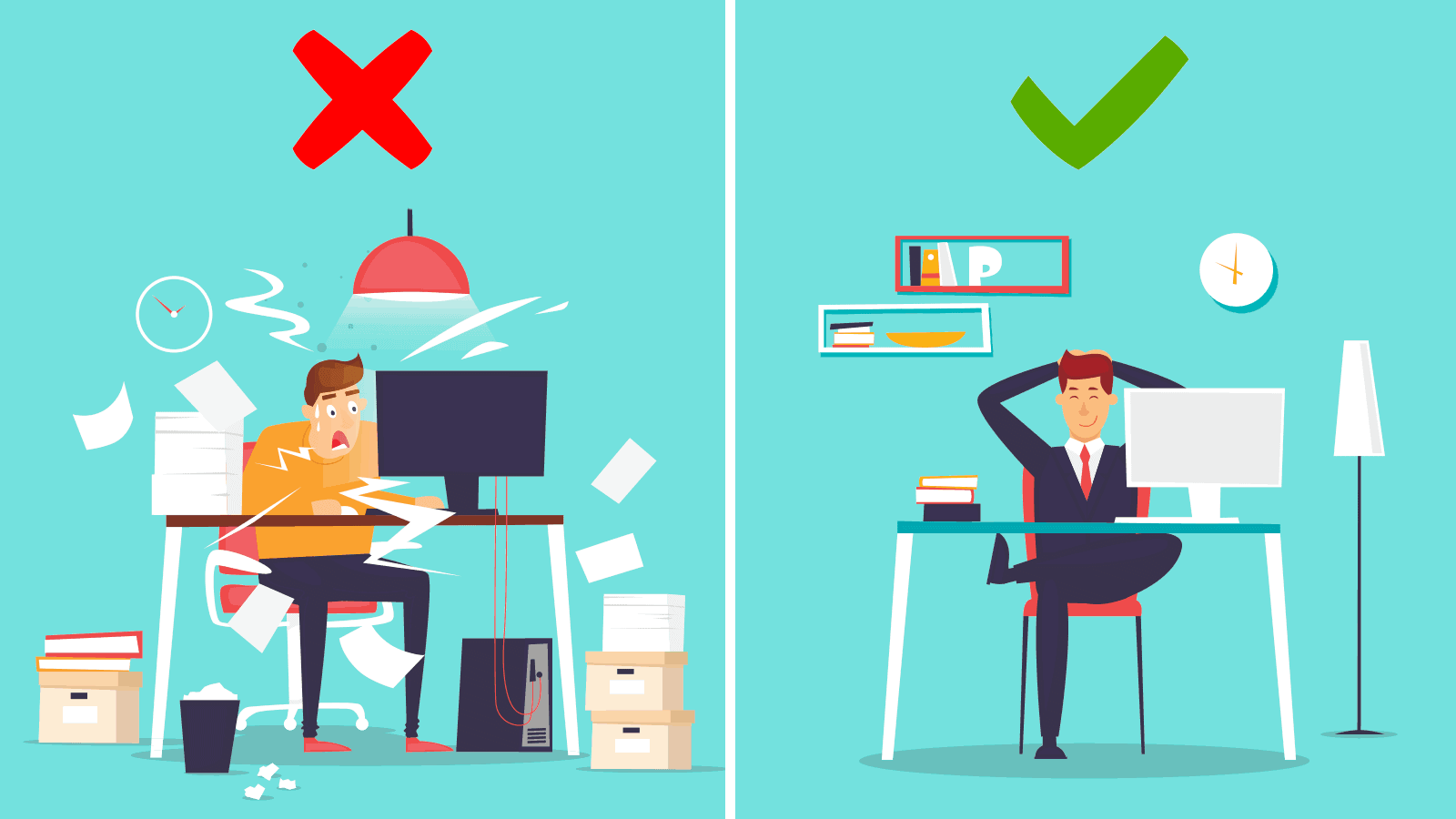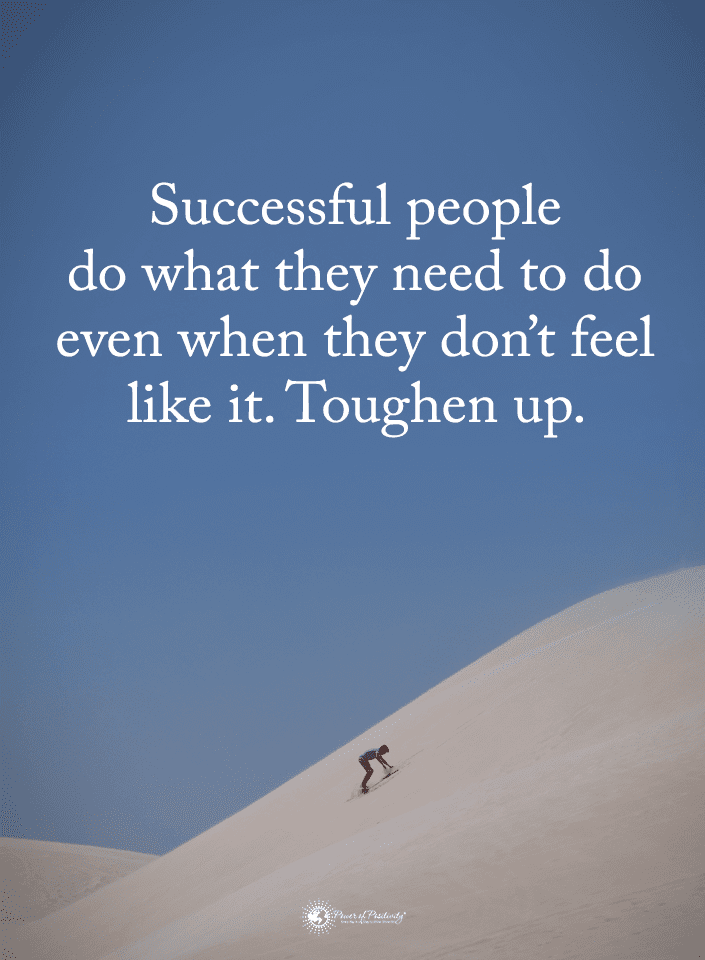For better or for worse, emotions are a fundamental part of why human beings do what they do. One reason for this is that feelings are impossible to ignore, as evolution dictates that we auto-direct our focus onto whatever it is pulling at us. Emotions also have plenty to do with our productivity – or lack thereof. When motivated, we’ll get more done and crush our to-do list. When bored, we may revert to our not-so-good habits (YouTube binge, anyone?)…
How many times have you made a sweet to-do list, only to put it off until tomorrow? Or resolved to get your butt to the gym just to sit around because you didn’t manage your time well? How many times have you made a schedule only to abandon it soon after? In each case, you allowed your emotions to supersede your logic.
Don’t fret – we have all done this. Why do you think there are a bazillion “productivity” books out there? How much money do you think publishers make off of indecisiveness? Check out the self-help section of your local bookstore if you want to be floored.
The Science of Getting Things Done
Enter the scientists. While it is easy to get frustrated with their monotonous ways, a scientist’s methodical and uber-logical brain is a perfect example for those who want to be more productive. One reason is that scientists are trained to minimize (ideally, eliminate) emotional subjectivity.
Scientists also have a lot to teach us about getting more done. For one, they are a resilient bunch. You have to be perseverant to trudge through an experimental study despite having failed umpteen times before. While they may be “nerds,” research scientists must also have thick skin; this is often needed to take the criticism that accompanies their work.
Let’s shift our attention to what these same scientists have to say about how to get more done in your work and at home.
5 Ways to Get More Done in a Day
1. Get rid of distractions
Our brain is not only wired for distraction – it rewards itself for it! How many times per day do you drop what you’re doing and check your emails and text messages? Each time you do, your brain produces a bit of dopamine – its primary “feel-good” chemical. Absolutely unfair!
Action Step: It’s time to muster up some self-discipline and put your cell phone away. Designate specific times to check your email and stick with these times. Clear away all visual clutter (this includes digital stuff) while working.
2. Work During Peak Hours
Research shows that we are at our most alert 2.5 to 4 hours after waking up. We can attribute this increased alertness and productivity to the brain’s natural circadian rhythms – natural cycles it goes through as the day progresses.
Action Step: Save your most demanding work for periods when you’re most alert. When full of energy, plow through your tedious tasks and get them out of the way. As your workday comes to a close, save this time for easy, routine tasks (catching up on email, cleaning your desk, checking voicemails, etc.)
3. Optimize Your Breaks
Breaking away from work is critical to recharging your physical and cognitive energy. A study conducted by the US Army Research Institute found that people work better when taking 15- to 20-minute breaks every 90 minutes. This time frame also happens to match your body’s natural rhythm for alertness and rest.
Action Step: Most companies do a poor job of managing their employee’s break times. Do not settle for a 15-minute break every four hours. If you’re unable to rearrange your break schedule to accommodate for 15 minutes every hour and a half, try a “mini-break” of five minutes every hour. (You have to go to the bathroom, don’t you?)
4. Track Your Time
Robin Sharma, a world-renown writer and motivational speaker, said “Whatever gets measured gets improved.” He’s right. When it comes to productivity, tracking your time can be a godsend. The harsh truth is that many (most?) of us aren’t good at tracking our time. This difficulty in keeping tabs on those swiftly-passing moments can lead to frustration and even burnout.
Action Step: Use a reputable desktop program to track your computer usage. If you don’t like that idea, go old school and use a paper and pencil. Write down when you get distracted and find yourself doing something other than what you should be working on. Review your notes at the end of the week and make necessary adjustments to help you get more done next week.
5. Review Your Daily “Wins”
Listen, it’s not easy to get what needs to be done among the daily din of distractions. So celebrate what you’ve accomplished! You maintained personal discipline while mustering the grit required to get through a long, tough day. How does it feel? Pretty darn good, right?!
Action Step: Go through your “to do’s” and celebrate what you accomplished today! Self-motivation is part of staying disciplined, and the best way to acquire this is by giving yourself props when you deserve them. Honor your wins and inspire yourself to get more done. Then keep it going!
https://youtu.be/vRnJsClMHU0














 Community
Community

